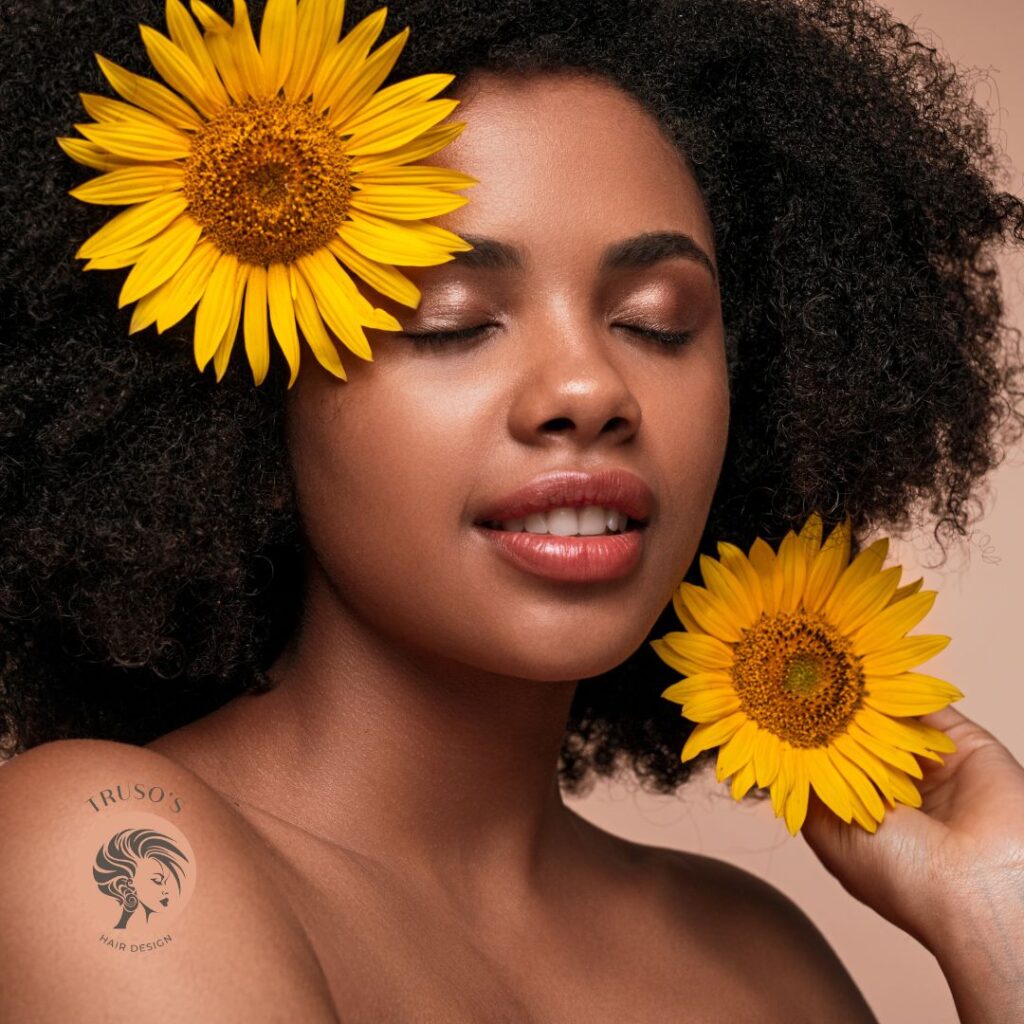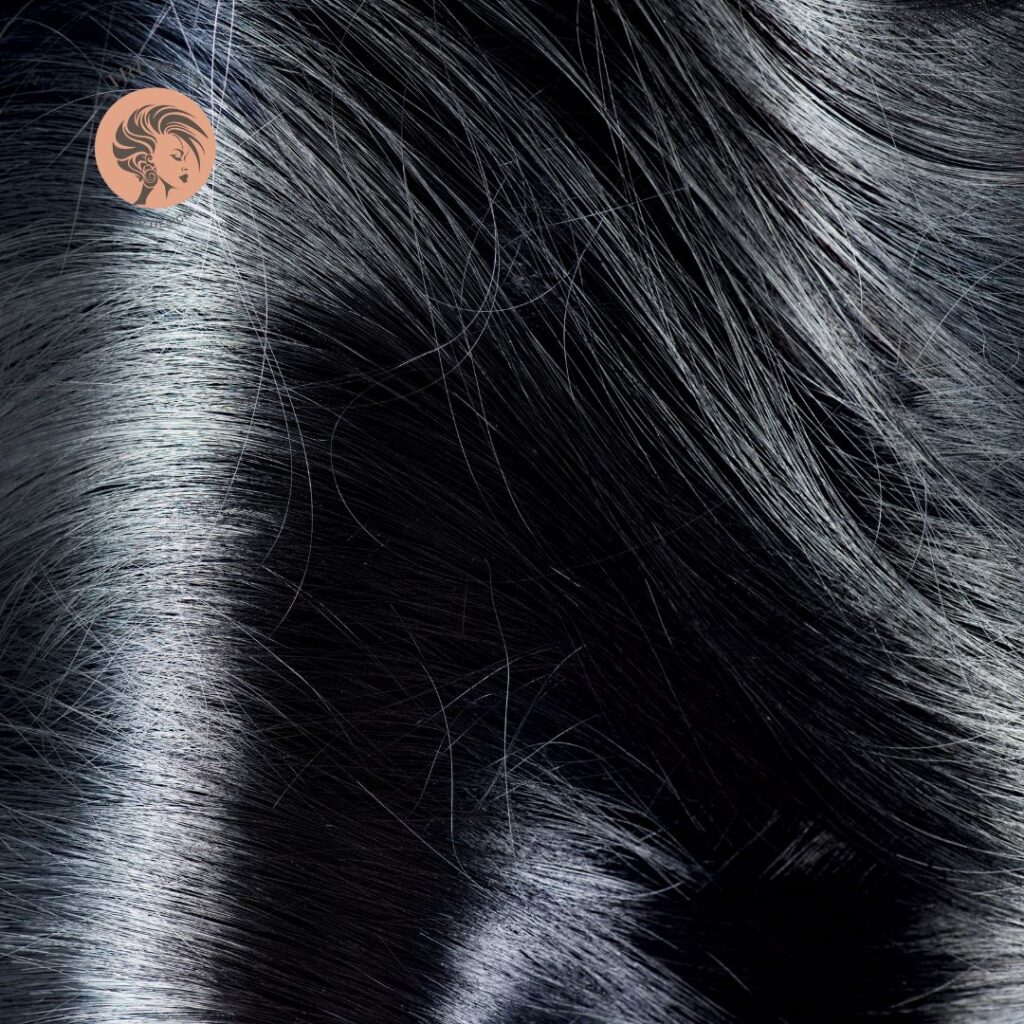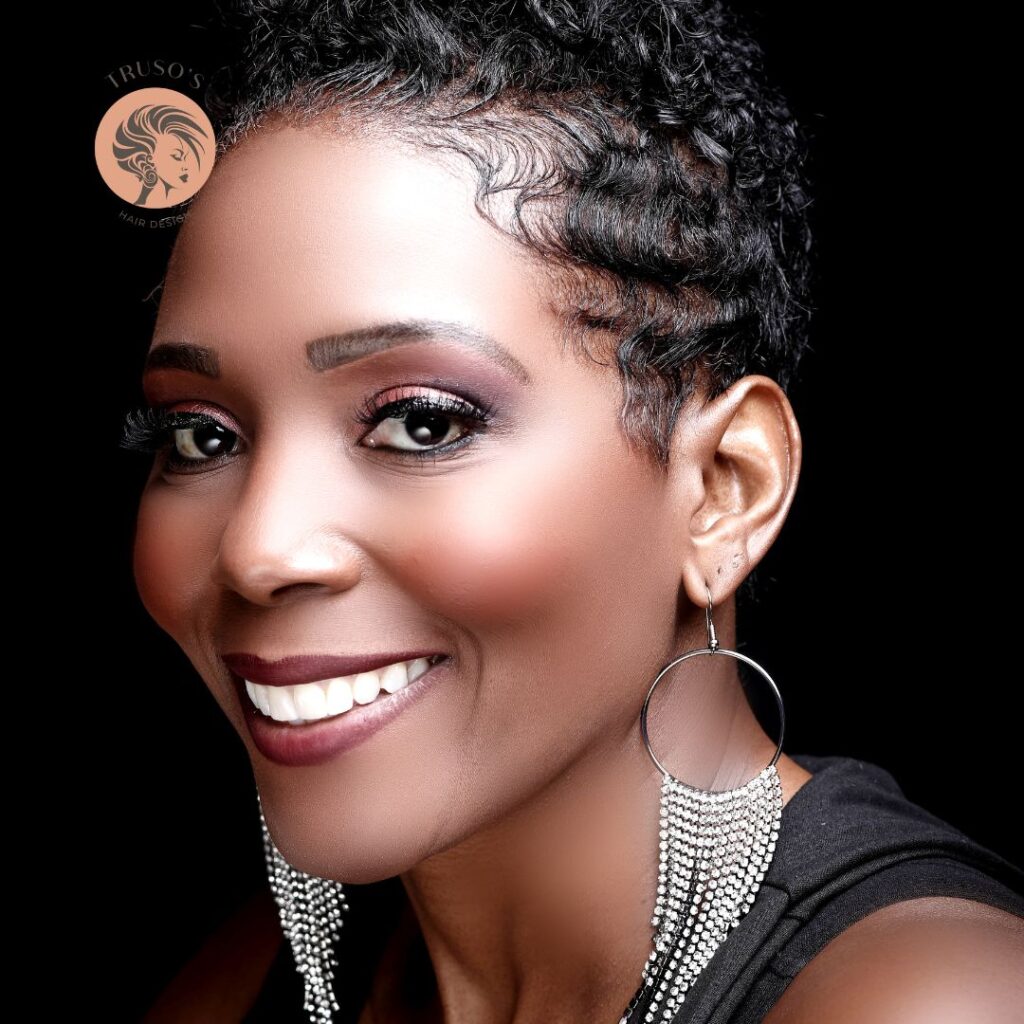Why is Hair So Important to Black Culture?
Hair has always been a significant aspect of identity and self-expression in African American communities. From intricate braids to natural afros, the styles and textures of African American hair carry deep cultural, historical, and social significance. This blog post delves into why hair is so important to black culture, exploring its roots, symbolism, and the ongoing struggle for acceptance.
Historical Significance
Ancient Traditions
In many African societies, hair was not just about aesthetics; it was a symbol of status, age, religion, and marital status. Different tribes had unique hairstyles that could indicate one’s social standing or tribal affiliation. For instance, the Himba people of Namibia use intricate braiding techniques that signify different stages in a woman’s life.
Slavery and Oppression
The transatlantic slave trade brought Africans to America under brutal conditions. Enslaved people were often forced to shave their heads as a means of dehumanization. This act stripped them of their cultural identity and heritage. Despite these oppressive measures, enslaved Africans found ways to maintain their hair traditions covertly. Hair became an act of resistance and a way to preserve their culture.
Cultural Expression
The Afro Movement
The 1960s and 1970s saw the rise of the Civil Rights Movement in America. During this period, the afro became a powerful symbol of black pride and resistance against racial oppression. Wearing an afro was more than just a fashion statement; it was a declaration of self-love and acceptance of one’s natural beauty.
Modern Styles
Today, African American hair continues to be a canvas for creativity and self-expression. From box braids to dreadlocks, each style carries its own set of meanings and cultural significance. Social media platforms like Instagram and YouTube have become spaces where black individuals can share tutorials, tips, and celebrate their unique hair journeys.
Social Implications
Discrimination in the Workplace
Despite progress in many areas, African American hair still faces discrimination in professional settings. Many black individuals have been told that their natural hair is “unprofessional” or “distracting.” This has led to legal battles and the creation of laws like The CROWN Act (Creating a Respectful and Open World for Natural Hair), which aims to protect against hair discrimination.
Representation in Media
Representation matters. For years, mainstream media has perpetuated Eurocentric beauty standards that marginalize African American features and hairstyles. However, there has been a shift towards more inclusive representation in recent years. Movies like “Black Panther” have showcased diverse African hairstyles on a global stage, helping to normalize natural black beauty.
The Economics of Black Hair
A Billion-Dollar Industry
The African American hair care industry is worth billions of dollars annually. From specialized shampoos to protective styling tools, there is an entire market dedicated to catering specifically to black hair needs. This economic power underscores the importance of hair within the community.
Entrepreneurship Opportunities
Many African Americans have turned their passion for hair into successful businesses. From salon owners to product developers, entrepreneurship within this sector provides economic empowerment opportunities for black individuals.
Personal Identity
A Journey of Self-Discovery
For many African Americans, embracing their natural hair is part of a broader journey towards self-acceptance and pride in their heritage. The decision to go natural or choose specific hairstyles often involves overcoming societal pressures and internalized biases.
Community Building
Hair also serves as a means for building community among African Americans. Barbershops and salons are not just places for grooming; they are social hubs where people gather to share stories, offer support, and build connections.
Conclusion: More Than Just Hair
African American hair is far more than just strands growing from one’s scalp; it is deeply intertwined with history, culture, identity, economics—and even politics. Understanding its importance requires acknowledging its rich history as well as its current implications in society today.
By celebrating African American hair in all its forms—whether through afros or braids—we honor not just individual choices but also collective resilience against centuries-old prejudices.
Discover more interesting articles by visiting our blog page




